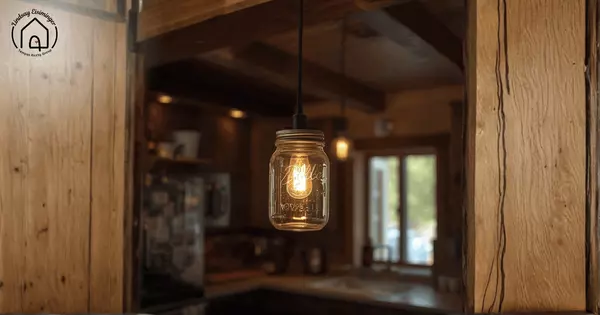What to Consider When Buying a Home for Retirement
Choosing a home for retirement involves different priorities than buying a home at other stages of life. Location plays a key role in ensuring convenience and a desirable lifestyle. Proximity to healthcare facilities, grocery stores, and recreational activities can improve daily living. A safe and quiet neighborhood with access to walking paths, parks, or community centers can provide opportunities for staying active. Considering the climate and weather conditions is also important, especially for those looking to avoid extreme temperatures. If family members live in different areas, deciding whether to be closer to them or in a preferred destination affects the final choice.
The layout and design of the home should support comfort and accessibility. A single-story home can eliminate the need for stairs, making mobility easier in the long term. Wide doorways, step-free entrances, and walk-in showers are features that can enhance safety and convenience. Open floor plans provide better movement and visibility within the home. Sufficient storage space and easy-to-maintain flooring can make daily tasks simpler. Natural lighting and energy-efficient features can help reduce utility costs while creating a comfortable living environment. Choosing a home with future needs in mind can prevent the need for another move later.
Financial considerations play a major role in selecting the right home. Setting a clear budget and factoring in property taxes, homeowners' association fees, and maintenance costs ensures financial stability. Downsizing to a smaller home can reduce expenses while making upkeep easier. Exploring financing options, such as reverse mortgages or retirement savings, can help determine the best approach. If travel is part of retirement plans, considering a home with low maintenance requirements can provide flexibility. Choosing a property with strong resale value ensures that future decisions remain open.
Community and social engagement are also important factors. Living in an area with an active social scene, community events, or clubs can provide opportunities for connection. Considering homes in retirement communities or age-friendly neighborhoods can offer built-in support networks. If staying in the same home for many years, ensuring access to in-home care or transportation services may be beneficial. Finding the right home for retirement involves balancing personal preferences, financial planning, and future needs. A well-chosen home can provide comfort, security, and enjoyment for years to come.
Categories
Recent Posts












